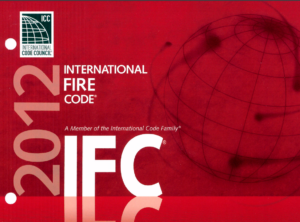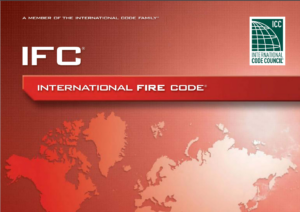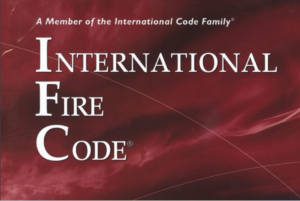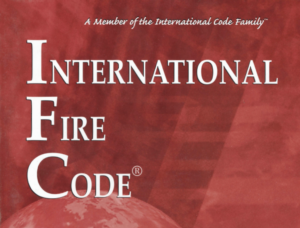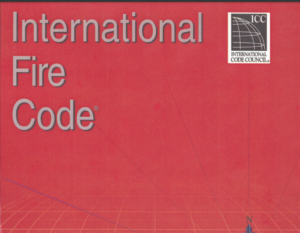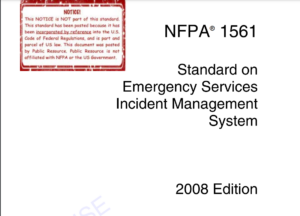The 2019 edition of NFPA 13, titled “Standard for the Installation of Sprinkler Systems,” provides comprehensive guidelines for the design, installation, inspection, and certification of sprinkler systems to protect against fire hazards. Developed by various NFPA technical committees, this document has been revised to include new methodologies, expanded applications, and updated technical specifications aimed at improving safety and adaptability in fire sprinkler systems.
Key enhancements in this edition focus on ensuring the safety and efficiency of sprinkler systems across different types of buildings and environments. It emphasizes the importance of proper installation practices and includes specific requirements for special storage facilities, high-rise buildings, and areas prone to specific hazards. Moreover, the standard has integrated the latest technological advancements in sprinkler system design, such as addressing the use of modern materials and the inclusion of smart systems that react more effectively in emergencies.
The document also addresses retrofitting older systems with new technologies to meet current safety standards, offering both prescriptive and performance-based compliance paths. This allows for flexibility in achieving safety objectives while accommodating the unique characteristics of each building or installation site. Overall, NFPA 13 aims to provide a robust framework for ensuring the comprehensive safety and functionality of fire sprinkler systems, facilitating their role as critical components in fire safety management.

